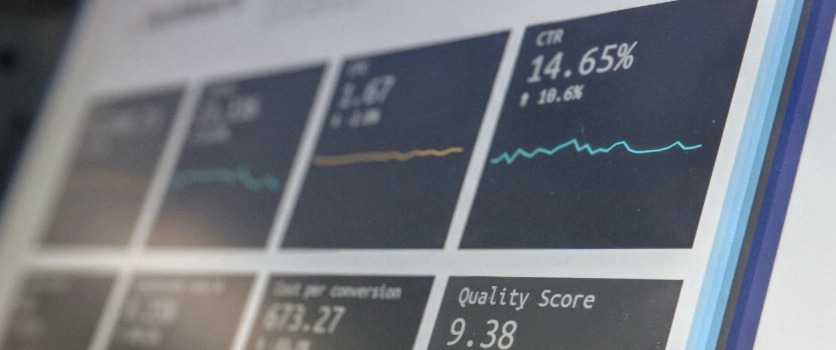February 03, 2023
As a business owner, you're always looking for ways to get more conversions and grow your bottom line. But what's the best way to go about it? Should you focus on organic conversions or paid conversions? And what's the difference between the two anyway?
Don't worry, we're here to help clear things up. In this post, we'll cover everything you need to know about organic vs. paid conversions, including the benefits of each and how they're connected. By the end, you'll have a better understanding of which kind of conversion is best for your business. So let's get started!
Organic Conversions and Paid Conversions

Figuring out what works best for your online marketing strategy can be tricky, and one of the most important steps is understanding what organic conversions and paid conversions are. Organic conversions occur when someone visits your website from natural search engine results (ex: a Google search). Paid conversions, on the other hand, are those that come about after someone has clicked on an advertisement for your business. The main benefit of conversion tracking is its ability to help you understand what kind of content resonates best with visitors - whether organic or paid - and what type of people are more likely to convert into customers. In other words, what's the difference between success and failure? Knowing which kind of conversion works best for your business!
What Is Better?
As marketers, we're always trying to determine which is better: organic or paid. While each has its own pros and cons, it's critical to understand how they work together in order to maximize visibility with your audience. Organic conversions bring the benefit of long-term growth without requiring the investment of paid advertising; this way, you don't have to break the bank when you're just starting out. On the other hand, paid conversions can help you quickly reach a large target audience with more control over where and when your advertisements appear. So, no matter if you choose organic or paid (or both!), make sure to do your homework beforehand - there's no one-size-fits-all solution for all types of conversions.
How Are They Connected?

Confused about organic vs paid? Don't worry, we understand - navigating the digital landscape can be a tricky task! When it comes to these two conversion types, many don't realize just how interconnected they are. Organic conversions are those that occur simply because of great content and a powerful search engine optimization strategy - which often come hand-in-hand with paid ads. Put simply, organic and paid work best together so that businesses can experience more effective conversions for their bottom line. So if you're looking for maximum returns on your online marketing efforts, make sure you lay the groundwork by building out an effective SEO strategy and back it up with some wisdom from today's paid media world. Holistically, a well-rounded approach is always the key to success!
What Kind Of Conversions Are Best For Your Business Model?
Deciding which type of conversions works best for your business is no easy task. Organic and paid conversions both have distinct benefits to their approaches, making it important to understand the best of both worlds. Organic conversions offer a great opportunity to get noticed by users who are actively searching for your product, with the benefit of often being more cost-effective than paying for an advertisement. Paid conversions, on the other hand, are a surefire way to drive specific users to buy from your company without having them have any previous knowledge about you. If done right, they can come along with a major payoff in sales and customer growth. The key is finding the sweet spot where organic and paid are connected; if you can find that right fit between the two approaches you’ll be happily off to a successful business model.
At the end of the day, it’s important to remember that there is no one-size-fits-all answer when it comes to organic vs. paid conversions. The best strategy for your business will vary depending on your individual goals and needs. However, by understanding the difference between organic and paid conversions, as well as the benefits of each, you can make an informed decision about which approach is right for you.